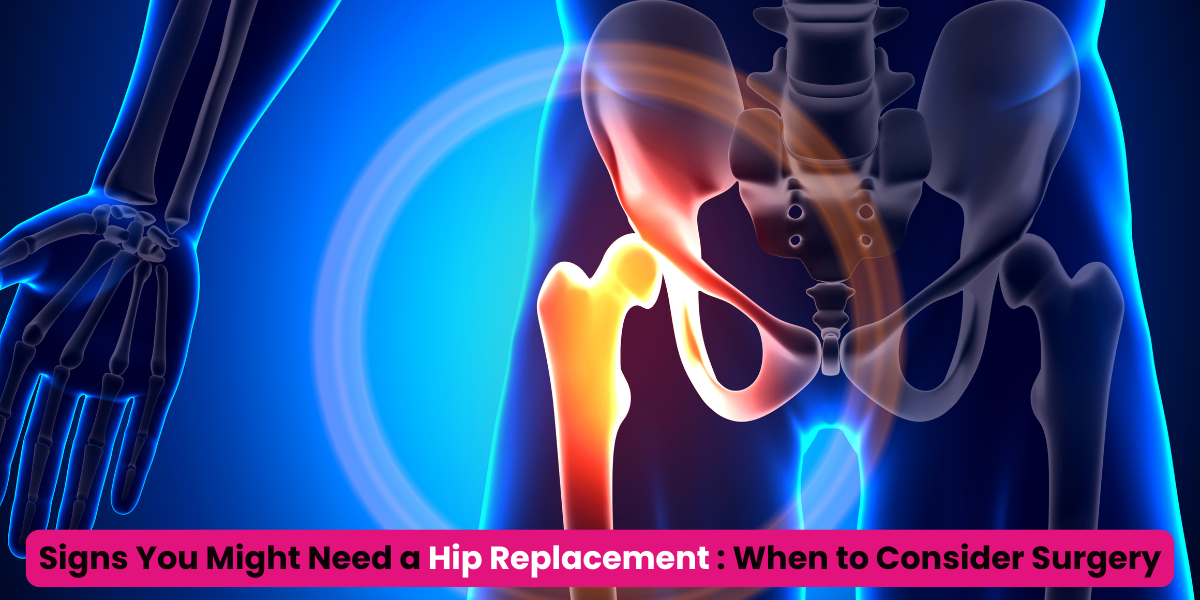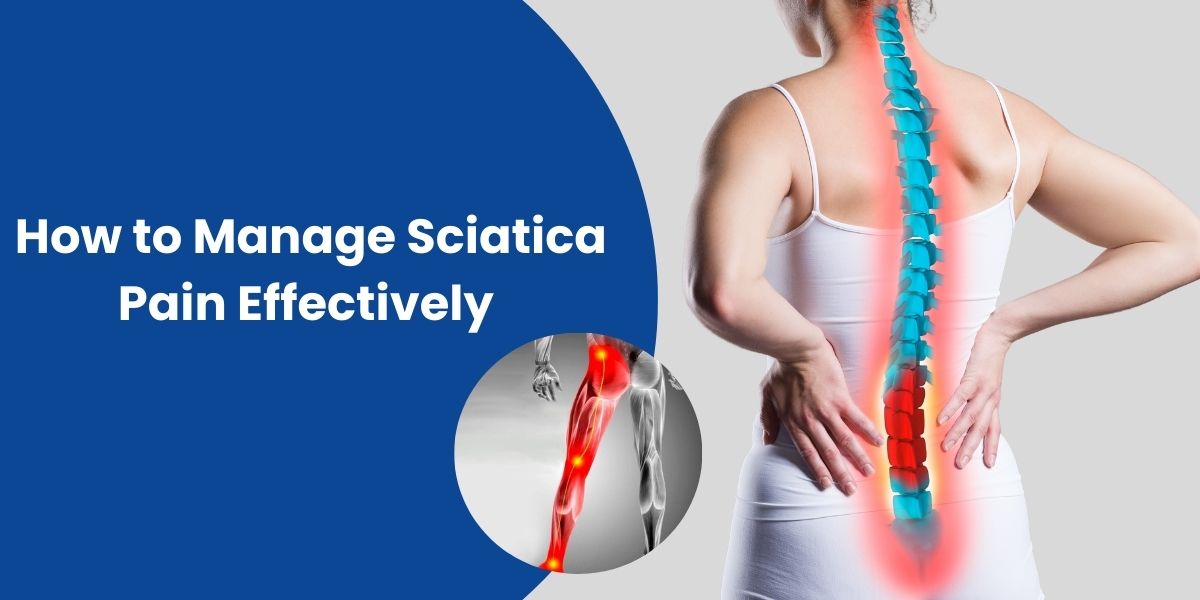Signs You Might Need a Hip Replacement: When to Consider Surgery
Hip replacement surgery is a common solution for those experiencing severe hip pain or mobility issues due to damage in the hip joint. If you’re wondering whether this surgery might be the right option for you, here are some frequently asked questions that can help you better understand the signs and when to consider surgery.
What are the early signs that you might need a hip replacement?
One of the earliest signs is chronic hip pain that doesn’t respond to medications or physical therapy. If you notice persistent stiffness, difficulty walking, or pain that intensifies during activities, like walking or climbing stairs, it might be time to consult an Orthopedic Surgeon in Magarpatta, such as Dr. Parimal Kore, for an assessment. Pain that continues even during rest, particularly at night, is also a key sign.
What conditions lead to needing a hip replacement?
The most common condition leading to hip replacement surgery is osteoarthritis, a degenerative joint disease that wears down the cartilage in your hip. Other conditions include rheumatoid arthritis, hip fractures, avascular necrosis (death of bone tissue due to lack of blood supply), and bone deformities.
When should you consider surgery over other treatments?
You should consider hip replacement when conservative treatments like medications, physical therapy, or corticosteroid injections fail to provide relief. If your quality of life is suffering due to constant hip pain, a consultation with Dr. Parimal Kore, a leading Orthopedic Surgeon in Magarpatta, can help determine if surgery is the best solution.
Is hip pain always a sign that you need surgery?
Not necessarily. Mild to moderate hip pain can sometimes be managed with lifestyle changes, physical therapy, or medication. Surgery is usually only considered when the pain becomes severe, chronic, and doesn’t improve with less invasive treatments.
How do you know if your hip joint is worn out?
A worn-out hip joint will often manifest through constant pain, especially during physical activity. You may also notice that your range of motion is significantly reduced. If your hip locks up, grinds, or feels unstable, this could be a sign of advanced joint damage.
How long can you delay hip replacement surgery?
There’s no exact timeline for when hip replacement should occur, but delaying surgery for too long can lead to further joint deterioration, increased pain, and muscle weakness. Delaying too long could make recovery more difficult, as your muscles and ligaments may weaken due to inactivity.
What happens if you don’t get a hip replacement when needed?
Delaying necessary hip replacement surgery can lead to worsening pain, decreased mobility, and muscle weakness. If you’re facing these issues, a timely visit to Dr. Parimal Kore, an experienced Orthopedic Surgeon in Magarpatta, can ensure early intervention and improved outcomes.
What are the risks of waiting too long for hip replacement surgery?
Waiting too long can lead to bone loss, muscle weakness, and joint deformities, making the surgery more complicated and recovery slower. Early intervention often leads to better outcomes.
How do I know if I’m a good candidate for hip replacement surgery?
You’re a good candidate if:
You have severe pain that interferes with your daily activities or sleep.
Non-surgical treatments have failed.
X-rays or imaging show significant joint damage.
Your overall health is good enough to undergo surgery.
Your doctor will evaluate your overall health, activity level, and the extent of your hip damage to determine if hip replacement is the best option.
Can hip replacement surgery improve quality of life?
Yes, hip replacement surgery can significantly improve the quality of life for people with debilitating hip pain. Most patients experience reduced pain, increased mobility, and a return to their normal activities within a few months after surgery.
How successful is hip replacement surgery?
Hip replacement surgeries have a high success rate, with more than 90% of patients experiencing significant pain relief and improved mobility. Artificial hips typically last 15 to 20 years, depending on the patient’s age, activity level, and overall health.
What are the alternatives to hip replacement surgery?
Before considering surgery, doctors may recommend:
Physical therapy
Pain relief medications
Weight management
Corticosteroid injections
Assistive devices (e.g., canes, walkers) If these treatments fail to provide relief, hip replacement might be the best solution.
If hip pain or stiffness is affecting your ability to live a normal, active life, and conservative treatments aren’t working, it may be time to consult your doctor about hip replacement surgery. Early intervention can prevent further joint damage and restore your quality of life.





